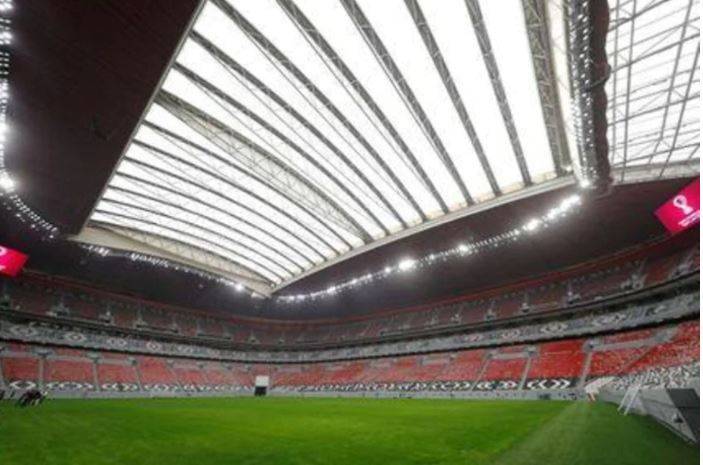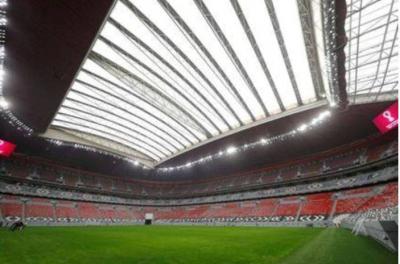The Chairman of the organizing committee for the 2022 FIFA World Cup, which will take place in Qatar, stated that the conditions for low-income migrant workers have improved, but more effort is needed regarding this issue, emphasizing Doha's commitment. Qatar has faced unprecedented international scrutiny regarding its treatment of workers since winning the privilege of hosting the first World Cup finals in the Middle East in 2010.
Qatar has implemented several labor reforms since 2010, which it claims have benefited workers, including raising the minimum wage to $275 per month last year and removing barriers to changing employers. Hassan Al Thawadi, the Secretary-General of the Supreme Committee for Delivery and Legacy in Qatar, mentioned during the Qatar Economic Forum online that "we have a strong belief that everyone living in Qatar or contributing to its development deserves to be treated well. Their health and safety are of utmost importance to us."
He added, "There is no nation in the world today that can claim to have a perfect labor system or a perfect worker care system, and we are no different. Progress must be made, and more work is needed." Al Thawadi stated that Qatar's commitment to improving labor care will continue beyond the finals scheduled for next year. He also mentioned that the World Cup is expected to contribute around $20 billion to the economy, with a significant portion benefiting the construction and tourism sectors.
Qatar has spent billions of dollars on renewing and building stadiums, in addition to other infrastructure projects over the past decade. The World Cup finals will be held from November 21 to December 18 of next year.




